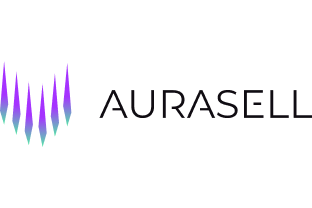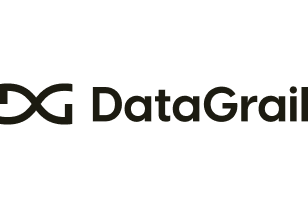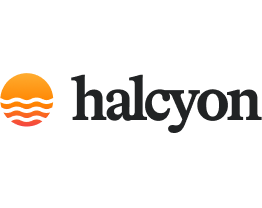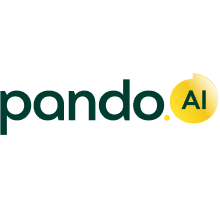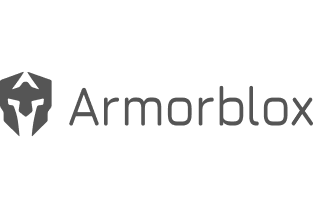I believe transformative companies are built by turning complexity into clarity. The most exciting technologies often emerge in powerful but inaccessible form. I’m drawn to founders who feel compelled to harness that raw potential and shape it into something so intuitive and effective that customers quickly forget how they ever worked without it.
Even the most difficult problems can become tractable with the right abstractions. I developed this perspective studying symbolic systems at Stanford, where I learned how both human and machine intelligence depend on the ability to structure and make sense of the world. The best founders apply this same mindset while building products that reflect the true shape of the space they are built for.
Later, while working on M&A for technology companies at Morgan Stanley, I saw firsthand that the biggest outcomes are reserved for teams that stay product-led and adaptable. I learned that a focused startup can outpace incumbents' distribution advantage.
At N47, I focus on areas with potential for deep technical moats, such as infrastructure software, developer tools, cybersecurity, and robotics. I’m here for founders who rethink familiar problems in unfamiliar ways and build a product that pulls the world toward it. If that’s the kind of work you’re doing, I’d love to hear from you.
When did a product shift from interesting to inevitable?
In the cybersecurity domain, I look for founders applying the latest technology to the most pressing threats against expanding attack surfaces. When I met the team at Harmonic Security, I keyed in on their unique approach to monitoring the vast amount of unstructured data businesses expose to third parties using language models.
Seeing their demo and flexible policy authoring, I immediately thought of the sensitive documents we handle as investors, like investment memos, and how traditional approaches to data protection can’t prevent free-form documents like this from leaking. Instead of relying on brittle RegEx rules to search for very specific patterns in data, enterprises using Harmonic Security could define the data they care about in natural language and get visibility into data leaks that were previously undetectable.

